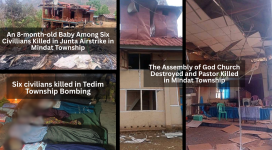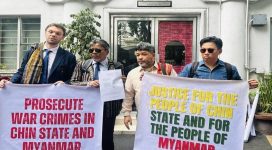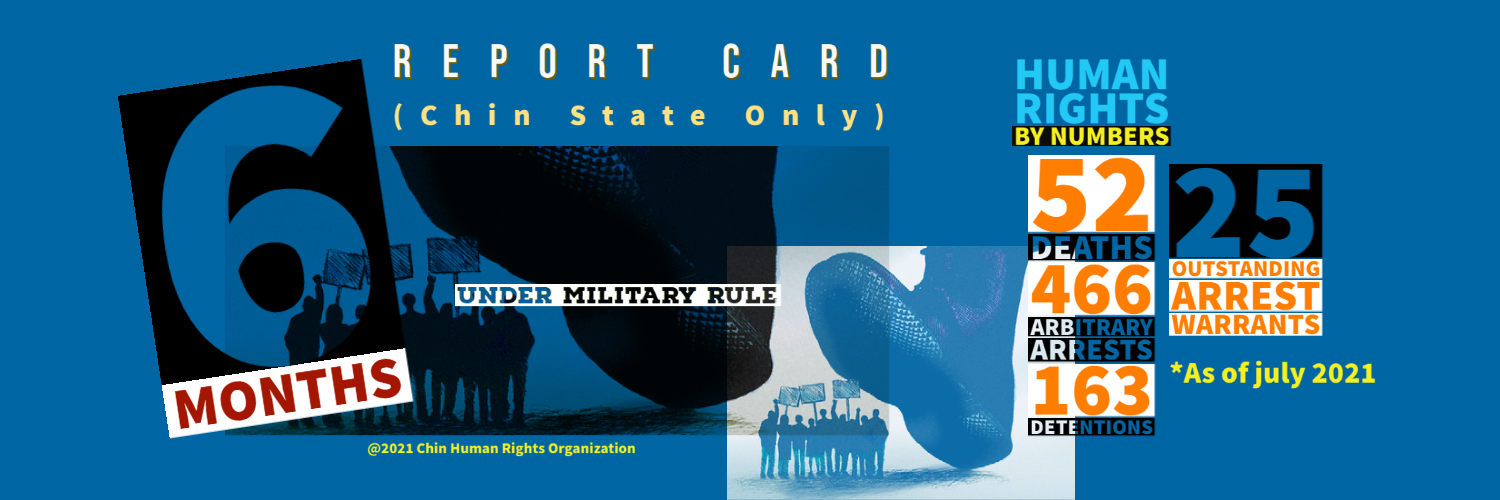
Children, Clergy Killed, Church Destroyed in Junta Bombings in Chin State in Earthquake Aftermath
“These attacks are not only cowardly—they are criminal,” said Salai Mang Hre Lian, Human Rights Program Manager at CHRO and recipient of the 2024 U.S. Department of State Human Rights Defenders Award. “Bombing villages, churches, and children in the middle of a humanitarian disaster shows the junta’s utter contempt for life, faith, and the laws of war. This is a...


